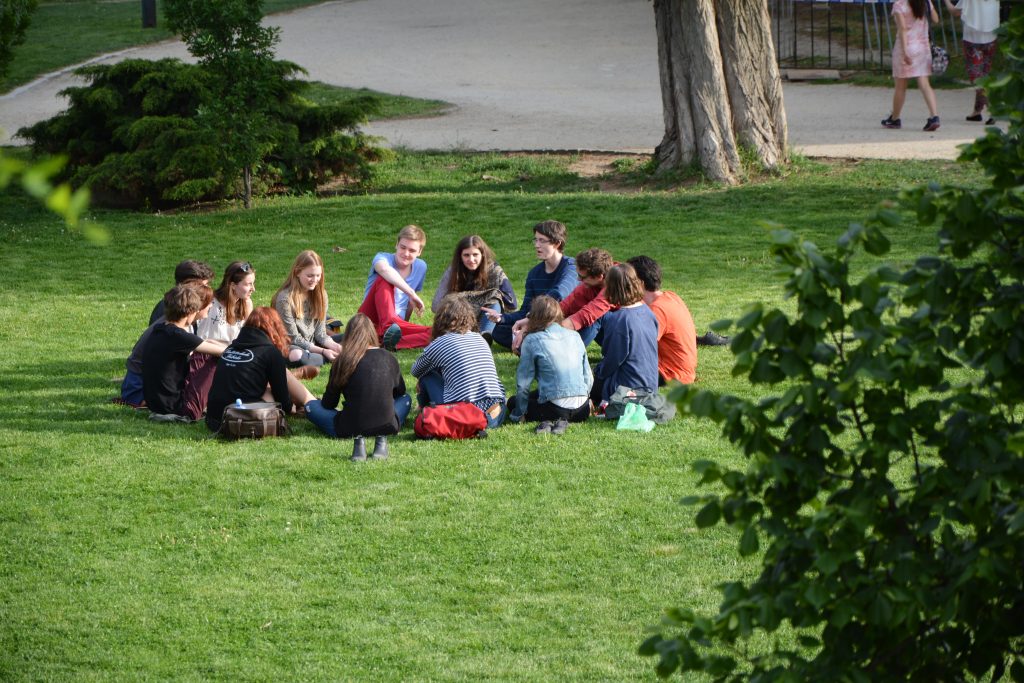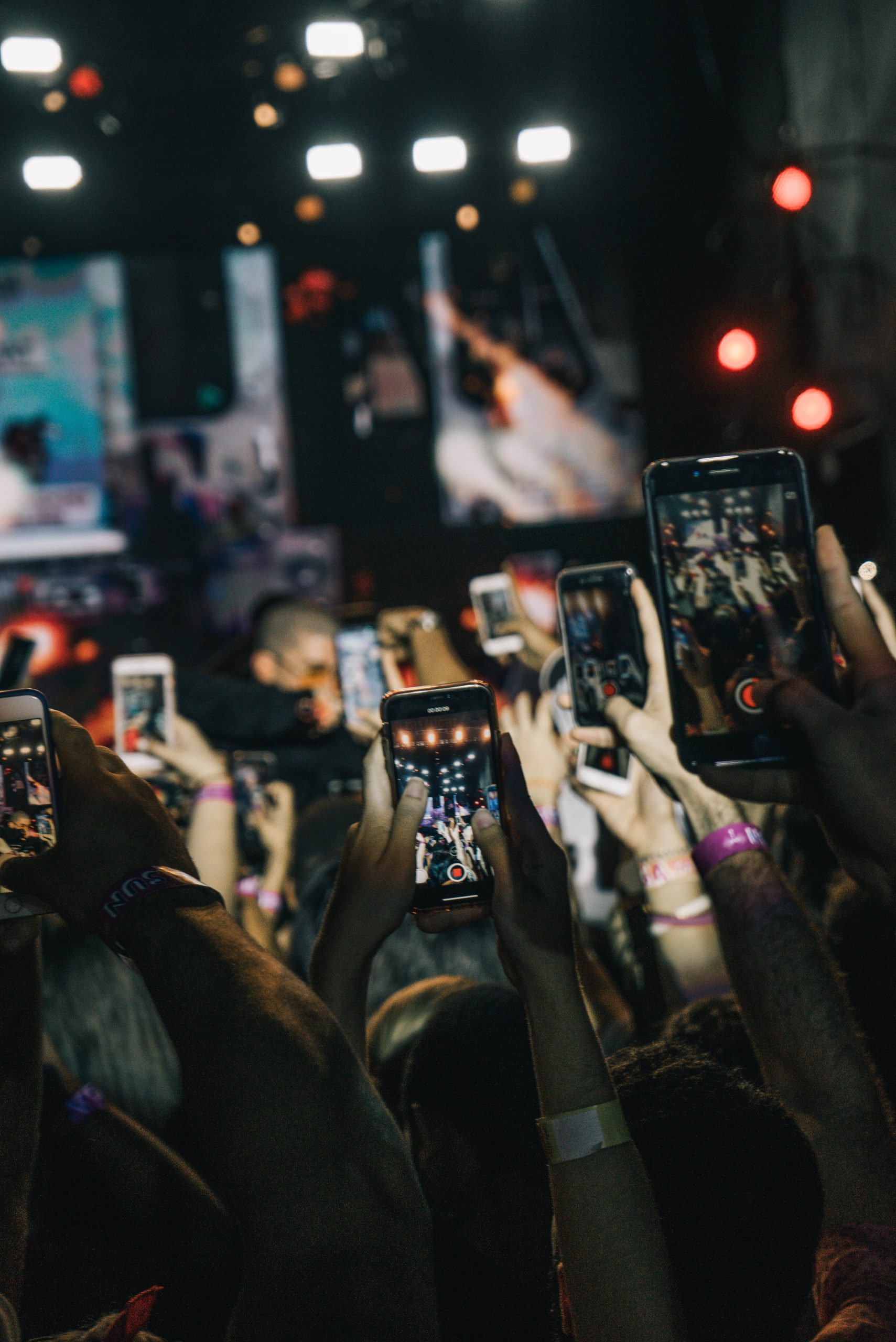In a world dominated by screens and virtual interactions, the importance of authentic personal connections is greater than ever. The digital age has offered incredible convenience and connectivity, but it has also created an odd sensation of isolation. Genuine connections are the lifeblood that nourishes our mental, emotional, and even physical well-being in the midst of a large sea of online profiles and likes. Let’s look at the science behind why genuine connections are more important than ever:

The Loneliness Epidemic: A Silent Health Threat
According to scientific studies, loneliness is on the rise and poses a significant health risk. Loneliness causes the body to respond to stress, resulting in chronic inflammation and reduced immunity. According to Brigham Young University research, chronic loneliness raises the risk of death by 26%. By offering emotional support, reducing stress, and improving overall well-being, genuine connections protect against this silent health threat.
The Bonding Hormone Oxytocin: In-Person Bonding vs. Digital Loneliness
Oxytocin, often referred to as the “love hormone” or “cuddle chemical,” plays a pivotal role in forming and maintaining social bonds by being released through physical contact, emotional intimacy, and even eye contact. Authentic connections heighten oxytocin release, thus reinforcing emotional bonds and building trust. A study published in the journal “Psychological Science” found that oxytocin fosters empathy and collaboration, yielding positive social interactions.
While virtual connections might hold allure, research indicates that they fail to fully satisfy our innate need for social interaction. A study from the University of Pittsburgh establishes a link between excessive social media use and feelings of loneliness. Conversely, in-person interactions trigger a cascade of brain responses that elevate sentiments of connection and belonging.
The Social Circuitry of the Brain
Neuroscientists have discovered a network of brain areas dedicated to social interaction processing. During real-life encounters, this “social brain” is activated, allowing us to read emotions, understand gestures, and detect nonverbal signs. Genuine relationships activate this cerebral circuitry, fostering empathy and understanding that virtual interactions frequently lack.

The Pleasure of Shared Experiences
Human minds naturally gravitate toward shared experiences. A study in the “Psychological Science” journal unveiled that experiences shared with others deliver greater enjoyment compared to solitary ones. Whether it involves sharing a meal, exploring a new destination, or partaking in a hobby, authentic connections amplify the pleasure derived from these experiences.
Strategies for meaningful connections
Quality Over Quantity:
- Focus on cultivating a few deep, meaningful relationships rather than spreading yourself thin with numerous shallow connections.
- Invest time and effort in people who genuinely resonate with your values and interests.
Curate Your Online Interactions:
- Choose to engage more meaningfully on social media by participating in discussions that matter to you.
- Connect with individuals who share your passions, creating a digital space that aligns with your authentic self.
Practice Digital Detox:
- Designate specific periods each day for disconnecting from devices to fully engage in offline interactions.
- Embrace solitude during these moments to reflect, recharge, and appreciate the present.
Participate in Interest-Based Gatherings:
- Look for meetups, workshops, or clubs in your area that are linked to your hobbies or interests.
- These gatherings provide a natural backdrop for meeting new people and having interesting talks.
Create Authentic Connections with LifeBonder:
- Use the LifeBonder app to find and connect with people who share your interests and values.
- Participate in actual conversations and collaborations on a platform that is meant to build meaningful, in-person connections.
Authentic connections are no longer a luxury in the digital era; they are a biological necessity. Scientific data supports the importance of these relationships in our mental, emotional, and physical health. Genuine connections, away from screens and virtual likes, produce oxytocin, lessen loneliness, and engage our brain’s social circuitry. Let us keep in mind as we navigate the modern world that, while technology can enable interactions, it is the sincerity and depth of such ties that actually improve our lives. We are not just combating isolation by creating real-life relationships; we are also nurturing our souls and embracing our human identity.


